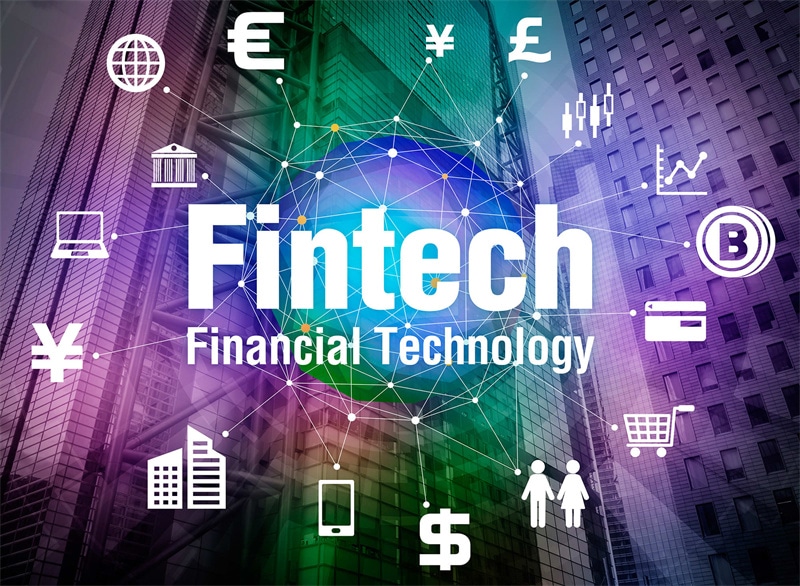
Since “financial technology,” or “fintech,” encompasses a wide range of actions, there are many types of fintech.
If you've done any internet banking or shopping, you've already engaged with financial technology. Fintech refers to new financial services tools. These four groups are the most prominent.
Quick tip: Looking for the very best fintech development services? Help is available from EVNE Developers.
1. Automated Financial Transactions

The world moves at a breakneck speed, and conventional banks need to change to keep up. With the help of fintech solutions, even the most staid organizations have begun their digital transition. Most banks today have online and smartphone banking apps to better serve their customers and expand their customer base.
Digital banking encompasses a wide range of features, such as smartphone apps for large financial institutions. In addition, there has been a growth in the number of online institutions that operate purely online but serve actual individuals as customers.
2. Gateways for monetary transactions
Fintech income has skyrocketed since customers adopted online payment systems, which are now the preferred method of payment worldwide. The financial services provided by fintech firms center largely on banking and investment. This makes sense considering how many people buy online each year. By 2024, e-commerce is projected to contribute 22 percent of all store revenue.
Consumers can now buy online from the convenience of their own residences thanks to advancements in financial technology, but this is just the beginning of the retail transformation. Mobile payment systems and P2P fund transactions have made it commonplace to create and maintain a bank account with relative ease. Customers can also make utility payments online using their mobile devices. There is no longer any need to personally attend a bank in order to make or receive a direct transfer.
3. Exchange and Bitcoin
Financial technology has transformed the stock market. New banking services are boosting cryptocurrency popularity. Thanks to advancements in financial technology, now anyone can make international money transfers, shop at coin exchanges, and more.
Blockchain protects crypto deals and makes data manipulation virtually impossible.
4. Insurance
Due to the customer's anticipation of a simple, quick, and smooth means of communication with their insurance supplier, fintech solutions have had a significant effect on insurance. Insurance can now be tailored to the individual, thanks to customer-centric fintech options.
They also make it possible for clients to shop around for the best insurance rates without ever leaving their houses.
Best New Financial Technology Company Plans

However, this four-group classification does not fully represent the fintech sector. This business offers many approaches and new possibilities. Some examples of exciting current finance are provided below.
- New Methods of Score Evaluation
Despite having a stable revenue stream, many self-employed people are not eligible for loans due to low scores on conventional financial institution scoring systems. The cause of this is the use of antiquated criteria for creditworthiness by financial institutions.
- Non-Traditional Methods of Selling Insurance (Guarantee of Payment in Case of Losses)
Two average-built, non-smoking, non-drinking people will pay the same for life insurance. One may be active and enjoy walks and the gym, while the other may prefer to stay indoors and be at risk of heart disease. Aggregating (normalization in statistics) causes premium miscalculations because risk premiums don't account for unmeasured factors.
- Linked Financial Deals
Data management improves client understanding. Fintech companies are giving away expense control apps to collect customer info. Advertisers get detailed viewer details from these apps. For instance, users' interest in car insurance, real estate dealing, stock market gambling, etc.
- P2P Loans (or Direct Peer Capitalization)
P2P funding involves borrowing money from a peer rather than a bank. These loan models help buyers earn higher rates than debt markets, which only lend to pre-approved and verified debtors.
- Borrowing on a Local Scale
Banks and other lenders are wary of minor loan applications because the standard processes are the same for everyone and the yield is low or non-existent. Affirm, a finance company that offers one-click online and impulsive purchases, has captured this market.










